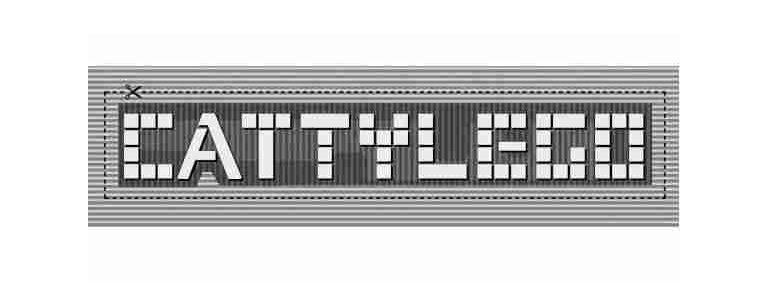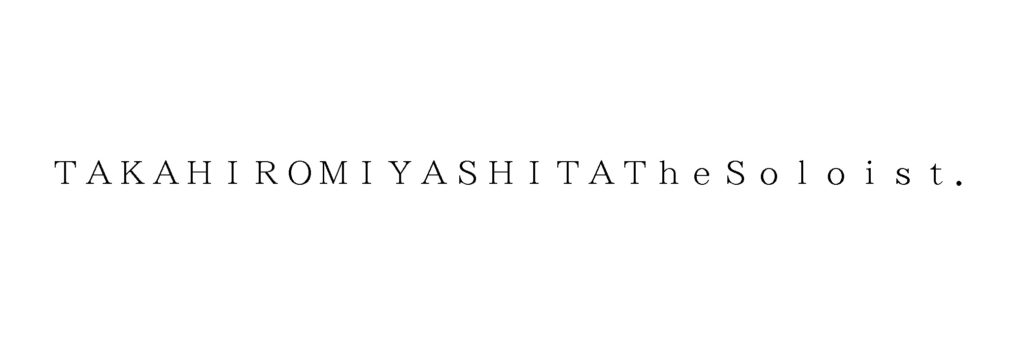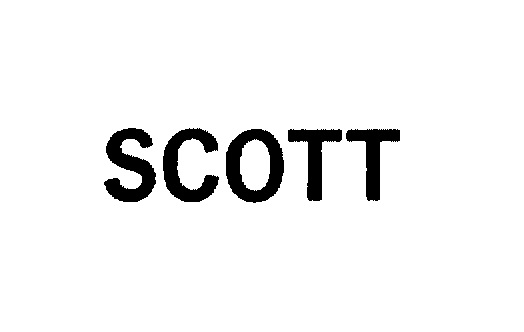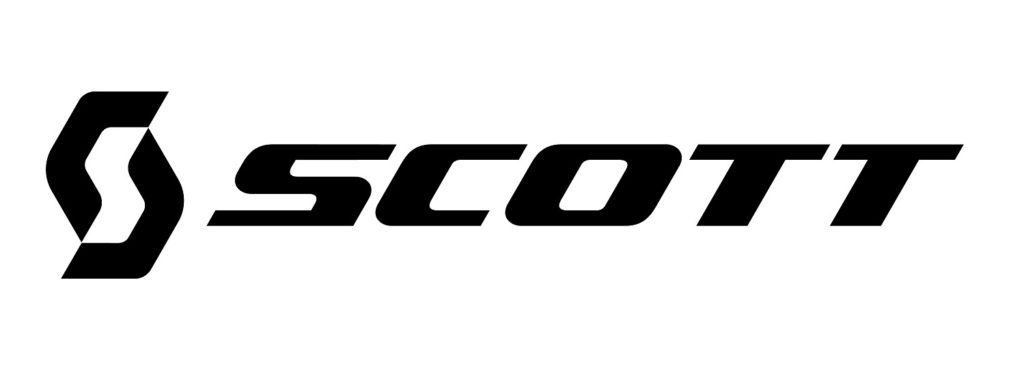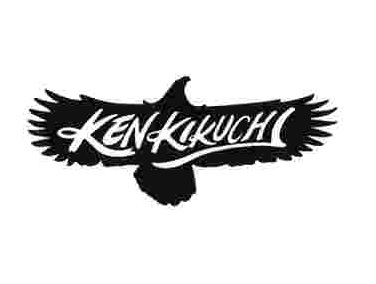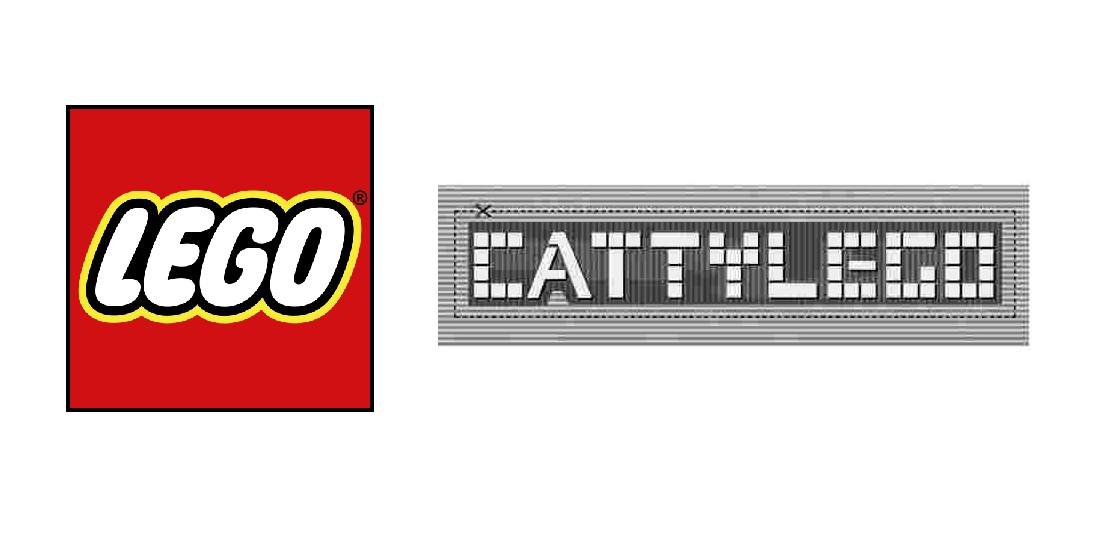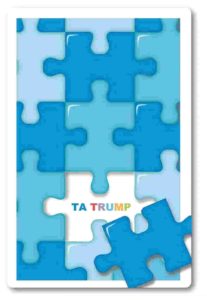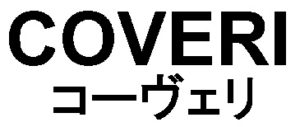The Japan Patent Office (JPO) dismissed an opposition filed by Oxford Limited against trademark registration no. 6164941 for composite mark comprised of term “OXFORD” and a square X symbol in class 25, 35,40 by questioning whether the term per se has been known as a source indicator of the University.
[Opposition case no. 2019-900303, Gazette issued date: October 13, 2020]
Opposed mark
Japanese trademark registration no. 6164941 for composite mark comprised of term “OXFORD” and a square X symbol colored in dark blue (see below), was filed on October 26, 2018, by Oxford Corporation Co., Ltd., a Japanese business entity tailoring custom-made suits, over clothing, footwear made in England in class 25, retail or wholesale services for clothing, footwear and other goods in class 35, and dressmaking, treatment or processing of cloth, clothing or fur, custom tailoring services, and others in class 40.

JPO granted to protect the opposed mark and published for registration on August 20, 2019.
Opposition
On October 18, 2019, Oxford Limited, a wholly-owned subsidiary of the University of Oxford, filed an opposition and claimed the Opposed mark shall be canceled in contravention of Article 4(1)(vii), (viii), (xi), (xv) and (xix) of the Trademark Law by citing its own marks (see below).

Oxford Limited argued that the University of Oxford is an extremely well-known university worldwide. It has been ranked in 5th and 3rd places in tables of top international higher education institutes. Besides, Oxford Limited has promoted and licensed commercial goods bearing trademarks of the University. In Japan, various licensed goods e.g. apparel, accessories, interiors, stationery, educational toys are distributed via Ingram Co., Ltd., an authorized broker.
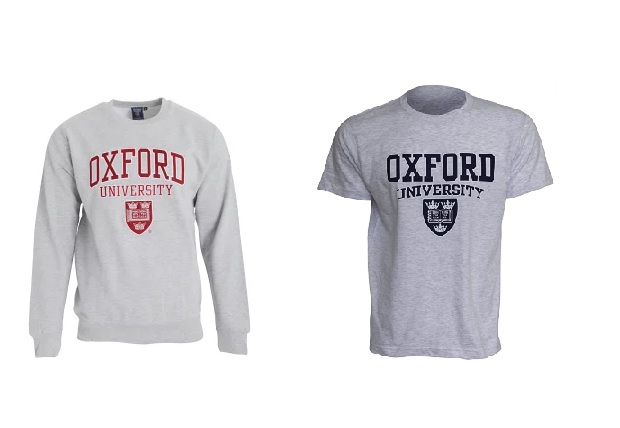
Under the circumstances, there is no doubt that relevant consumers at the sight of the term “OXFORD” would conceive the University when used on goods and services in question. If so, the opposed mark shall be deemed similar to and likely to cause confusion with the cited mark since the term “OXFORD” per se plays a dominant role in identifying a source.
JPO Decision
The JPO Opposition Board admitted a high degree of the reputation of “University of Oxford” among the general public. In the meantime, the Board opined that it is questionable if the term “OXFORD” has acquired a substantial degree of popularity as a source indicator of the University from the produced evidence and totality of the circumstances in view of the fact that the term is also a geographical indication, namely, the capital of the county of Oxfordshire.
Based on the foregoing, the Board found relevant consumers would recognize the term “OXFORD” of the Opposed mark just to indicate ‘the capital of the county of Oxfordshire’. Meanwhile, the cited marks give rise to a sound and concept pertinent to the University. The figurative element of both marks is sufficiently distinguishable from appearance. There was a low level of visual, aural, and conceptual similarity between the marks to the extent that relevant consumers would be unlikely to confuse the Opposed mark with the University of Oxford. Therefore, the allegations are groundless and the Opposed mark shall remain valid as the status quo.
I am not convinced with the JPO’s finding of “the term OXFORD of the Opposed mark just to indicate ‘the capital of the county of Oxfordshire”. I firmly believe the term immediately reminds us of the University rather than the name of the capital of Oxfordshire.

